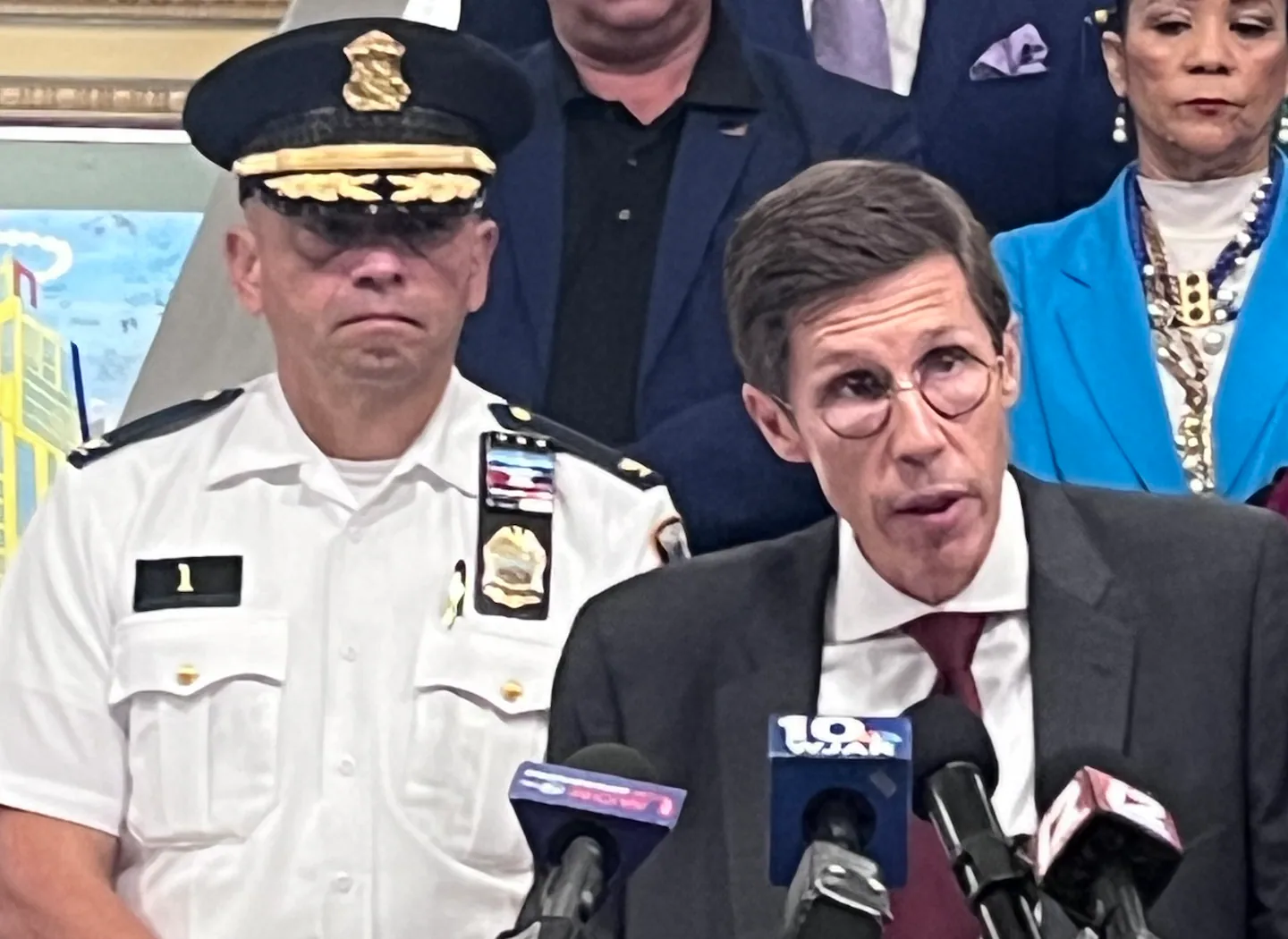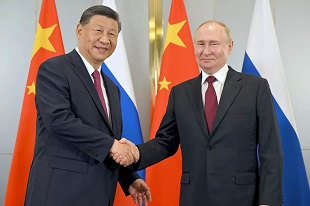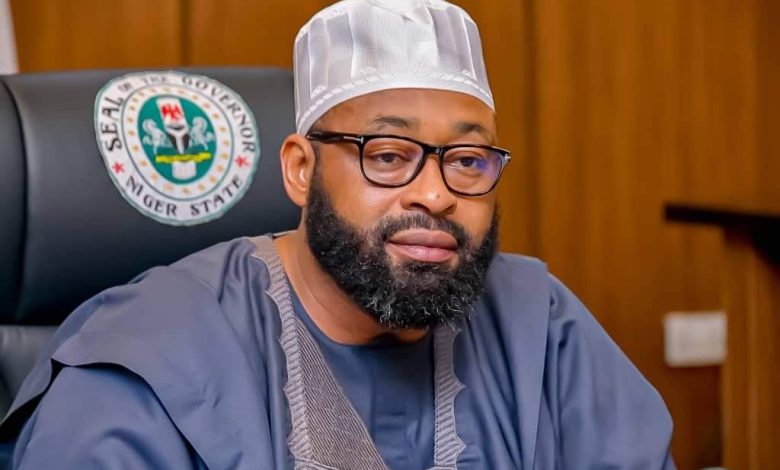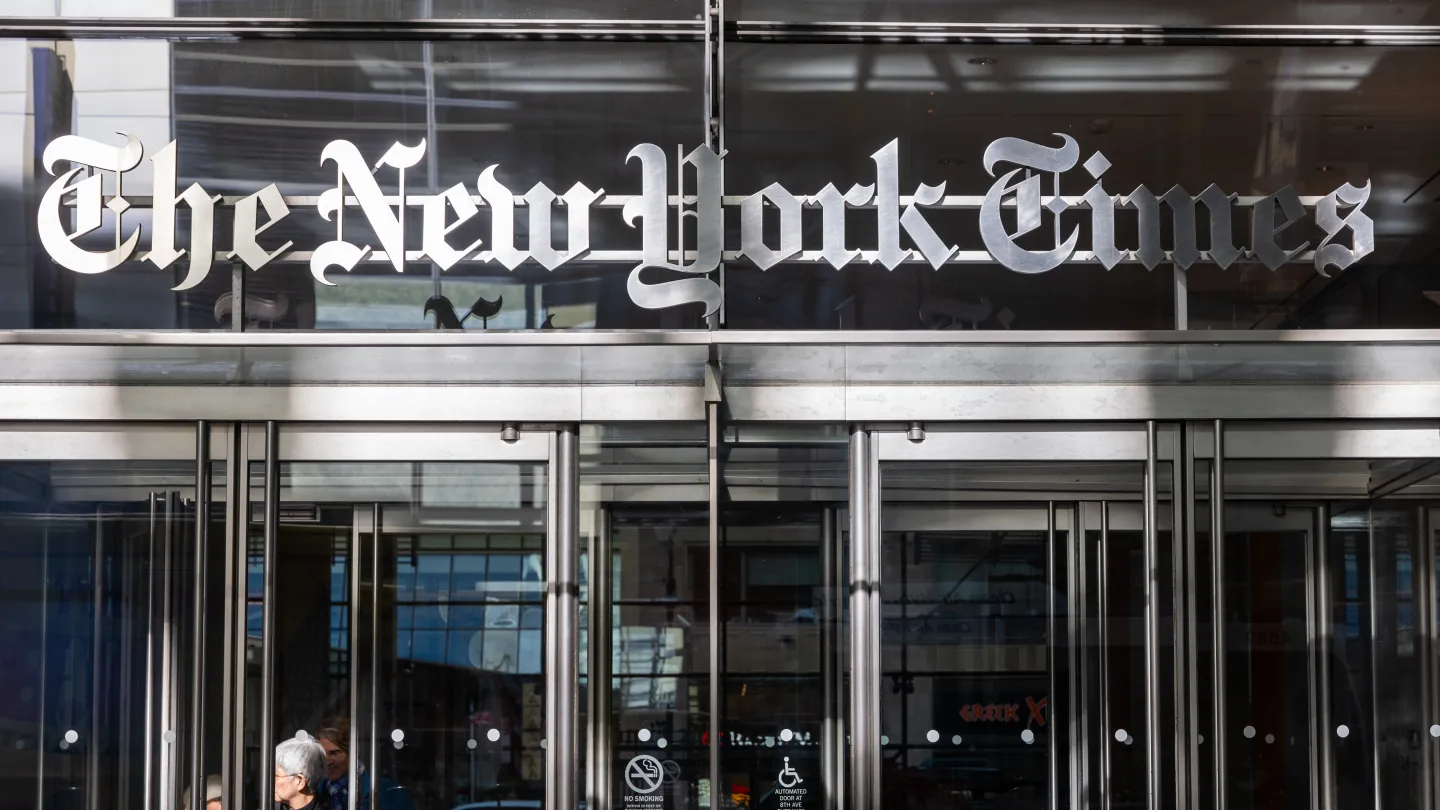
City ordinance and police policy already prohibited officers from assisting with civil immigration enforcement, regardless of the reason the person is being detained, unless there is a criminal warrant issued for a person in Providence police custody.
Smiley said part of the purpose of the order is to enshrine and articulate current police policy and show federal authorities that practices by local police – such as having officers who are clearly identified – are “in the best interest of public safety.”
“If [federal officials] actually cared about making communities safer, they would adopt these same policies,” Smiley said. “Our police officers are clearly identified, they wear body cams, they do not mask, and our community is better for it.”
In August, US Attorney General Pam Bondi demanded that the state of Rhode Island eliminate its policies that “thwart federal immigration enforcement.” She accused Rhode Island of being a “sanctuary jurisdiction,” and sent a letter to Governor Dan McKee saying that the state must confirm its “commitment to complying with federal law” or it would lose federal funding
McKee brushed it off. Smiley did the same on Monday.
“I’m less concerned about losing one federal grant here and there than I am about members of our community being threatened and terrorized in their own neighborhoods,” Smiley said.
“We will continue to stand up for what we believe in,” he said. “We’re not going to yield on what our core beliefs are, and we will manage this city financially through choppy waters in the days to come, and I’m sure that we will emerge, at least as a community, stronger as this nation struggles with the hateful and cruel politics of the current administration.”
The mayor said that the executive order also was a call to Congress to fund programs that make communities safer, such as violence intervention programs and community policing. He called on Congress to maintain Temporary Protected Status for immigrants fleeing countries facing armed conflicts, environmental disasters, and other dangerous circumstances. He also said that federal law enforcement should follow the same policies as Providence: use body-worn cameras, identify themselves, and don’t wear masks.
The Providence police regularly work with federal law enforcement, such as the FBI and agents from the Bureau of Alcohol, Tobacco, Firearms, and Explosives, on criminal investigations. But, aside for criminal warrants, city police are not supposed to work with ICE on enforcing civil immigration law.
“We support that loud and clear message,” said Police Chief Col. Oscar Perez. “We understand our focus and purpose … for public safety, to build trust, and ensure that our community members are comfortable to call us when they need help.”
However, the relationship between city police and ICE came under scrutiny this summer, after an incident raised concerns about whether police were adhering to their policy.
On July 13, ICE agents chased a vehicle in Providence and crashed into it and another parked car, while trying to arrest an alleged drug trafficker in the city.
An ICE spokesperson said the agents were attempting to arrest Ivan Rene Mendoza Meza, a Honduran national who was charged with fentanyl trafficking by the Providence police in 2023 and was awaiting trial.
Perez said in a news conference at the time that officers did not assist ICE, and were only on the scene of the Alverson Street incident because of the crash. Police then stayed on scene to ensure public safety, Perez said.
However, the officers’ body-camera video showed that some of them appeared to be helping ICE after taking the report of the car crash, such as asking a landlord to hand over her keys so ICE wouldn’t have to break down any doors in her home. A Providence police sergeant was on video looking at photos of the suspect with ICE, to figure out if he saw the person through a window.
A large swath of the 30-minute video was silent while officers were talking to ICE agents.
The Providence External Review Authority, a civilian panel that oversees the police, reviewed the incident and found that the officers violated the city ordinance on ICE.
In its decision, PERA accused police of “facilitating” the civil immigration enforcement, including when officers put up police tape to create a perimeter and “negotiating” the man’s surrender.
PERA also concluded police violated policy by omitting the ICE agent’s name from the crash report and by failing to investigate if the vehicle pursuit was legal. The report also found a sergeant violated policy by muting his body-worn camera while talking with ICE agents and a lieutenant did not turn on his camera at all.
The Providence police union, Fraternal Order of Police Lodge No. 3, pushed back at PERA’s investigation, calling it “biased, unprofessional, and fatally flawed.”
Four officers were disciplined for violating the body-worn camera policy. Perez said on Monday that, after reviewing the incident, he did not see a need for retraining the officers in the policy.
He disagreed with PERA’s finding that the officers had violated the policy. When asked if the officers had assisted ICE, Perez said, “Absolutely not.”



